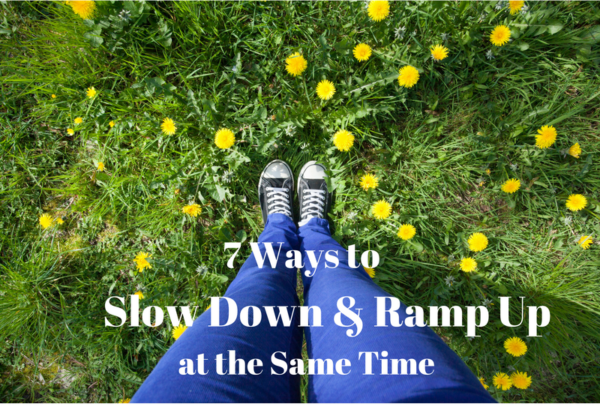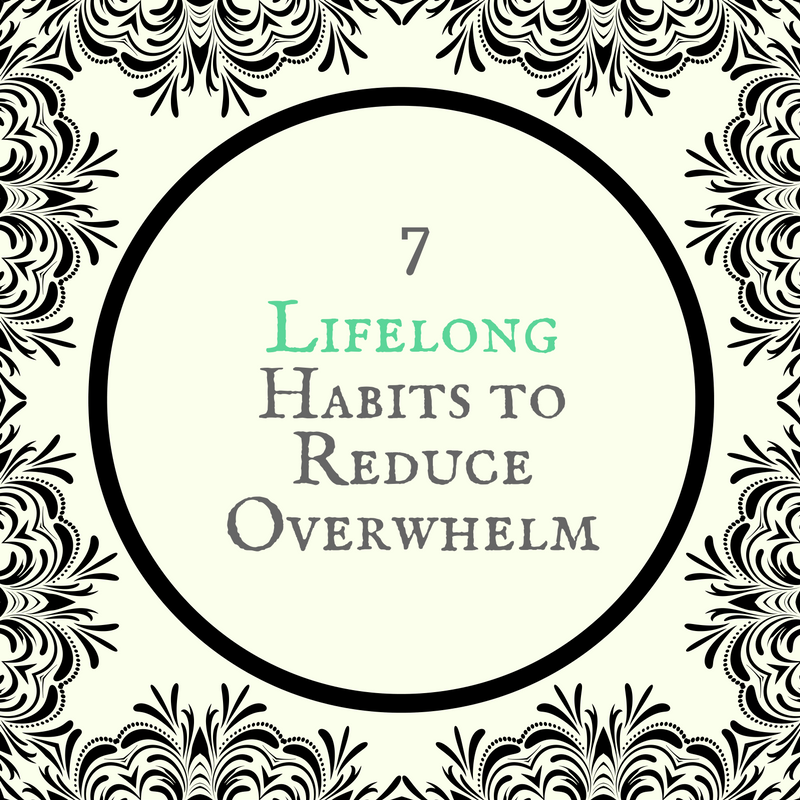
by Anita Mambo Cohn, LCSW
You are getting geared up to take that step and make that change and then boom, boom, boom, you hear FEAR knocking at your door. And your stomach starts churning, and your heart starts racing, and the knocking is loud and it’s distracting. So you go to the door and you let her in, and she takes a seat next to you! And you think, “why didn’t I just tell her I was busy?”
She’s whispering in your ear, and she won’t stop talking, and you CAN’T FOCUS!
Then she starts to ask the WHAT IFs:
What if you fail?
What if you’re not good enough?
What if they don’t like you?
What if you succeed?
What if you get too busy?
What if things change?
What if you have to work even harder?
What if you don’t make enough money?
What if you don’t like it after you do it?
What if you’re not real or authentic enough?
What if you’re a fraud?
What if you are just wasting your time?
What if this idea has already been done before?
What if you’re doing exactly what someone has already done?
She’s taking up a ton of space and she’s hovering, and you can’t think! You’ve forgotten what excited you, and why you thought this was a good idea in the first place, and time flies by, and you feel stuck, so you take a break from this thing that is so hard. You browse social media, check your email, and you start doing the laundry and she’s still there, and now it’s dinnertime, and she wants to stay overnight.
“Why didn’t I tell her to come back later or to go away?” “Why won’t she give me a break?,” you ask. “What do I do now that she’s here? ”
Instead of trying to get rid of FEAR, what would happen if you let her stay? What if you acknowledged that she’s your friend, and she’s worried about you, and she cares and she wants to advise and protect you? And what if you were to tell her you value her feedback and that her opinion matters?
Why not let FEAR say her piece? Why not let her express herself so she feels her concerns are heard? Why not allow her to give you the information you may need to see the whole picture?
Listen intuitively, but don’t let FEAR paralyze you and silence you into submission. Keep the conversation going.
Tell her all reasons you’re doing this thing you want to do!
I’m inspired
I want to make a difference
I want to feel a sense of accomplishment
I want to connect with others on a deep level
I want to follow my heart
“Here’s what could happen if I don’t do it,” Fear, you say.
I will feel unfulfilled
I will always wonder what if
I will regret not trying
I will have to keep doing what I’m doing forever
I will stay the same
I will stay safe
I will be still
I will let be letting you control me
“WAIT, but you have other things standing in your way,” says Fear!
You have to a job!
You have to take care of so and so!
You don’t have any training and experience in this area!
You don’t have any time!
You’ve never done this before!
“Yes, Fear this is true,” you say. “But that doesn’t mean I can’t work around this!”
So you ask yourself how can I work around this? Perhaps, rather than pretending that there are no barriers or challenges, you could accept them as realities. And you turn them into questions that have possible answers and solutions!
How can I schedule time around my job?
Who can help me take care of so and so?
How can I get the training and experience I need?
How can I get support from family, friends, coworkers or community?
Hmm–wait a minute– how can I be good at something if I’ve never done it before?
You realize it won’t be easy, but nothing worth doing ever is! So you prepare yourself for the challenge.
What will I discover if I try something new?
What will I learn if I fail and it doesn’t go according to plan?
How will I grow stronger from doing something hard?
So the next time FEAR knocks on your door, let her in, but remind her that you’ve already heard what she had to say, you need her to hang out in the next room, and you’ll let her know when you’re ready to talk.
“Thanks for coming to visit,” Fear, you say, “but I’m busy right now. I am working on this thing that I wanna do and I need the space and time to do it!”
I’d love to hear from you! Scroll down to share your thoughts and feedback in the comment section below.
Stay Connected






